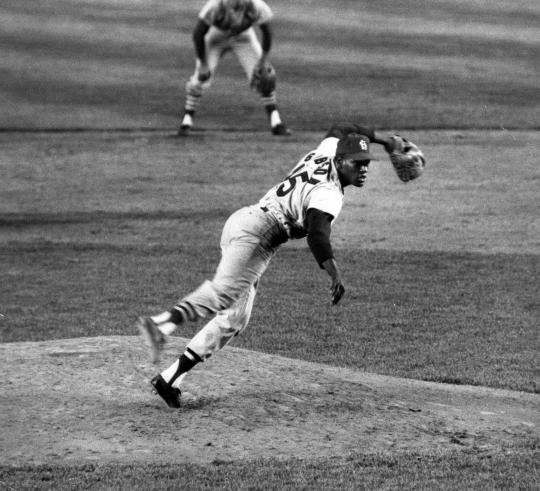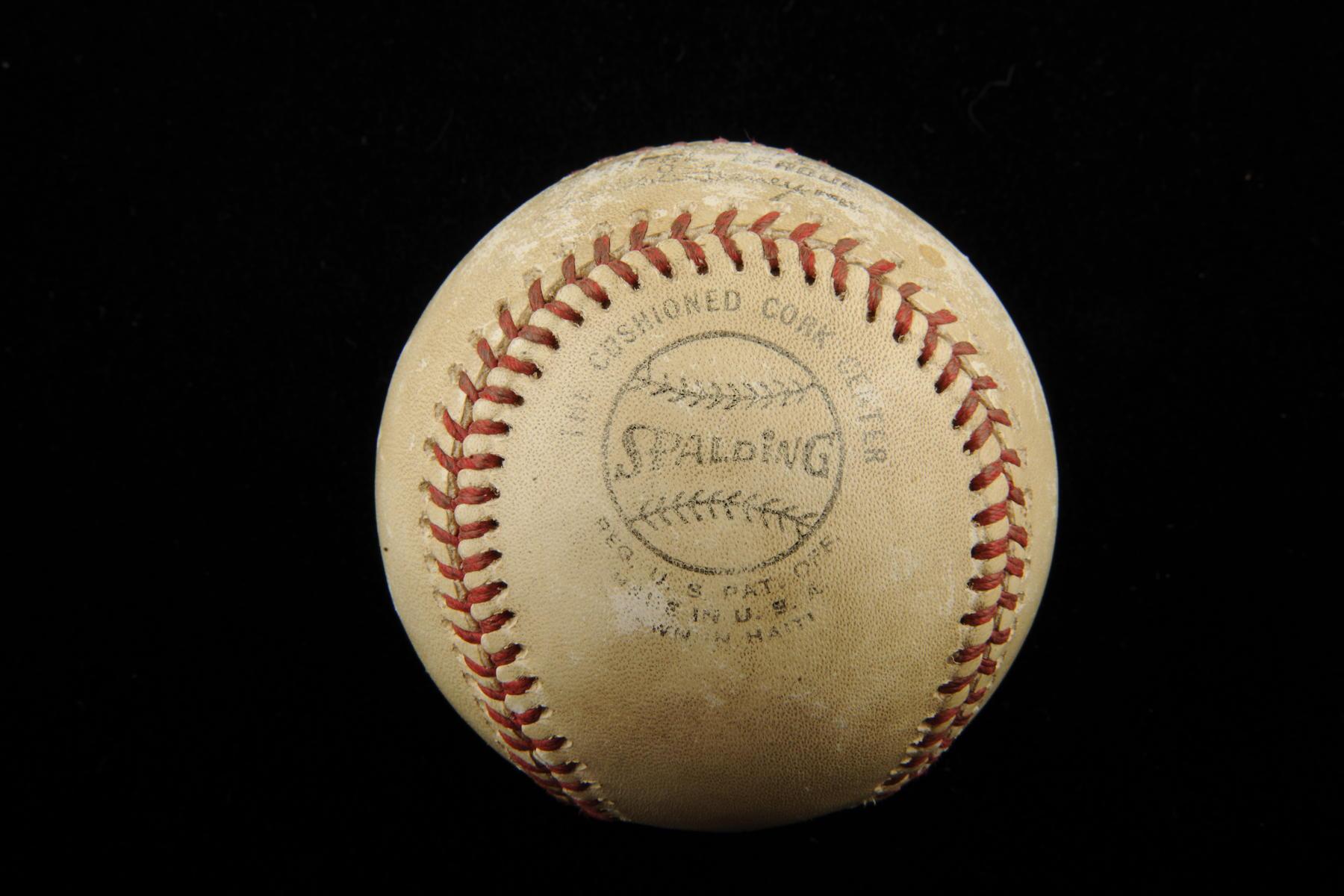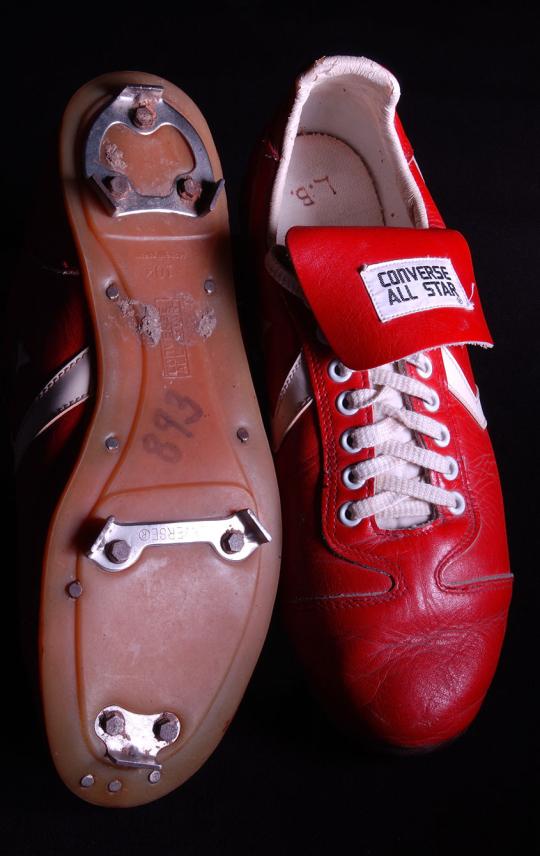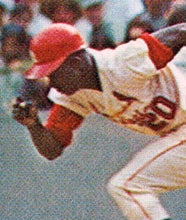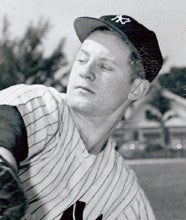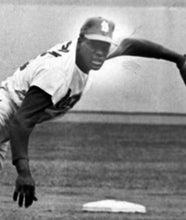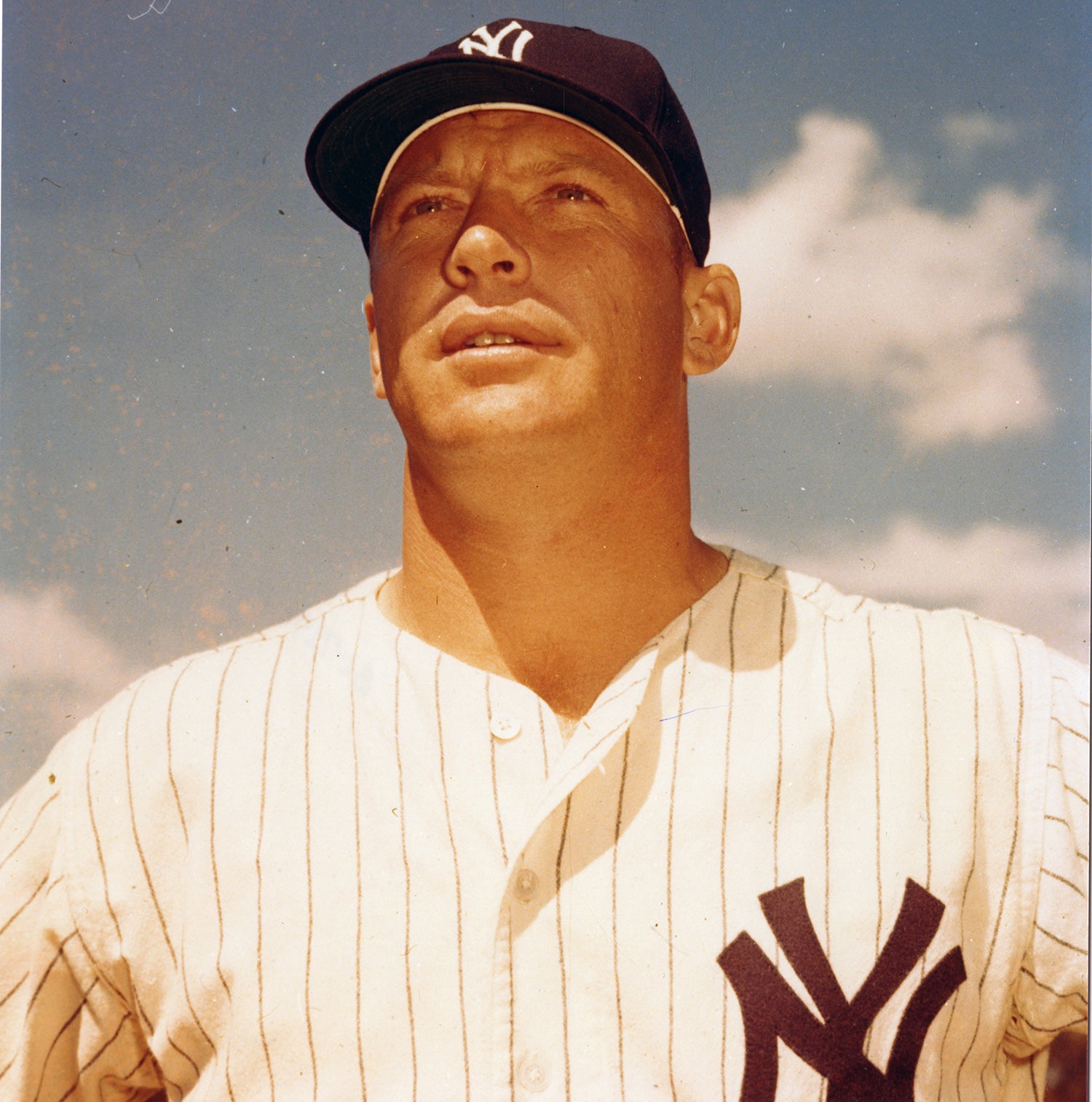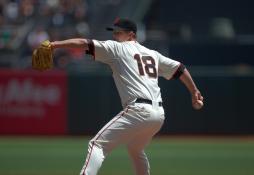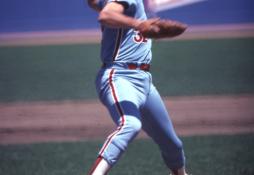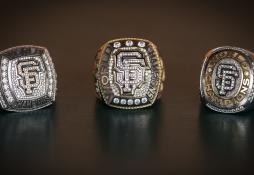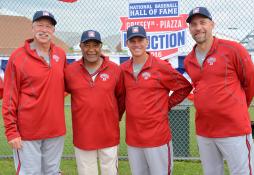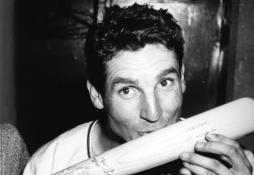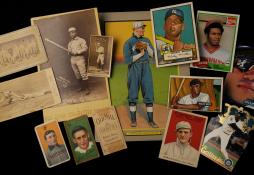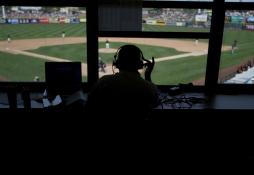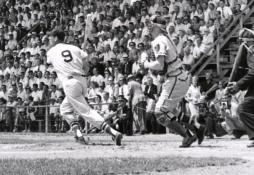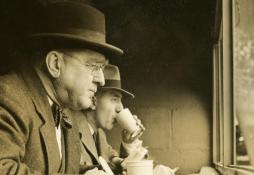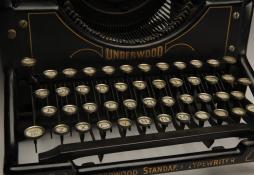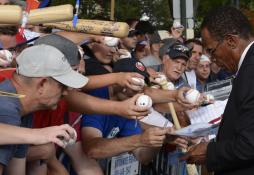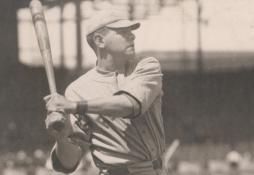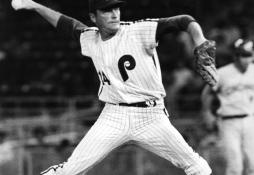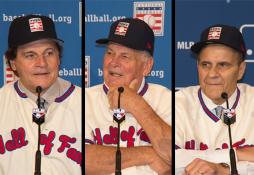- Home
- Our Stories
- Bob Gibson wills Cardinals to Game 7 victory in 1964 World Series
Bob Gibson wills Cardinals to Game 7 victory in 1964 World Series
All empires must eventually come to an end, but the St. Louis Cardinals needed every ounce of effort to topple baseball’s greatest dynasty.
The 1964 World Series marked a turning point in the history of the game. It was the last Fall Classic for Hall of Fame legends Whitey Ford and Mickey Mantle, the leaders of a New York Yankees club that had won 15 American League pennants in 18 years and 10 world championships.
The power of those Yankees clubs was challenged by a young Cardinals squad in October 1964. St. Louis punched its ticket to the World Series after sitting 6 ½ games back of first place with 12 games left in the regular season.
The Cardinals forced their way back into the pennant race thanks to a heroic effort from their ace pitcher, Bob Gibson. Beginning on Aug. 24, Gibson started 10 games, pitched 87 2/3rds of a possible 90 innings and posted a 1.65 earned-run average.
On the final day of the regular season, with his team locked in a tight contest with the last-place New York Mets, Cardinals manager Johnny Keane brought Gibson on in relief. Pitching on two days rest, Gibson muscled out four innings of two-run ball and led the Redbirds to an 11-5 victory and the NL pennant.
Gibson’s effort that day was emblematic of his reputation as one of baseball’s fiercest competitors.
“He didn’t like to lose to anyone in anything,” said Cardinals catcher Tim McCarver. “Bob was a man of mule-ish competitive instinct.”
Gibson’s heroics did not end in the regular season, however.
A wildly entertaining set of games led the World Series to a decisive Game 7 on Oct. 15, 1964, at St. Louis’ Busch Stadium. Gibson had lost Game 2 of the series but came back in Game 5 to earn a gutsy 10-inning victory. Now, with the title on the line, Keane went to his ace once again on two days’ rest.
The Cardinals hitters, led by Hall of Famer Lou Brock and All-Stars Curt Flood and Ken Boyer, did their best to support Gibson. The Redbirds had ran early and often throughout the series, taking advantage of a hobbled Mantle in right field, and in Game 7 they raced out to a 6-0 lead. Now it was up to Gibson and his big right arm to finish the series.
The Yankees, however, would not go down quietly. Mantle jacked a three-run homer – his record-setting 18th career World Series home run – in the top of the sixth. After Boyer’s solo shot in the bottom of the seventh, the Cardinals held a 7-3 lead going into the top of the ninth.
Gibson, who always worked quickly, pitched at an even faster pace in Game 7 so that the Yankees wouldn't notice his fatigue. His teammates said they could hear Gibson grunting with every pitch from the seventh inning on.
“Don’t be cute and don’t go for the corners,” Keane told Gibson before the final inning. “Just get it over. They’re not going to hit four home runs off you.”
Gibson struck out Yankees outfielder Tom Tresh to start the inning before third baseman Clete Boyer launched a homer to left field. With two outs, shortstop Phil Linz homered again to make the score 7-5.
Gibson appeared to be out of gas when Yankees second baseman Bobby Richardson stepped to the plate. Richardson had already set a Fall Classic record with 13 base hits in the series, but Gibson induced him to fly out to second, sealing the championship for the Cardinals.
When asked why he left Gibson on the mound in the top of the ninth, Keane tearfully replied, “I had a commitment to his heart.”
The 1964 World Series would be the last for the Yankees celebrated dynasty. The pinstripes fell to last place in the American League by 1966, and would not reach the Fall Classic again until 1976.
Gibson meanwhile, would go on to lead the Cardinals to two more NL pennants and another World Series title in 1967. In 1968, Gibson captured his first Cy Young Award with the lowest ERA (1.12) in baseball’s modern era, and struck out 17 Detroit Tigers batters in Game 1 of the 1968 World Series. His sterling resume on the mound earned him enshrinement to the National Baseball Hall of Fame in 1981.
Matt Kelly is a freelance writer from Brooklyn, N.Y.

